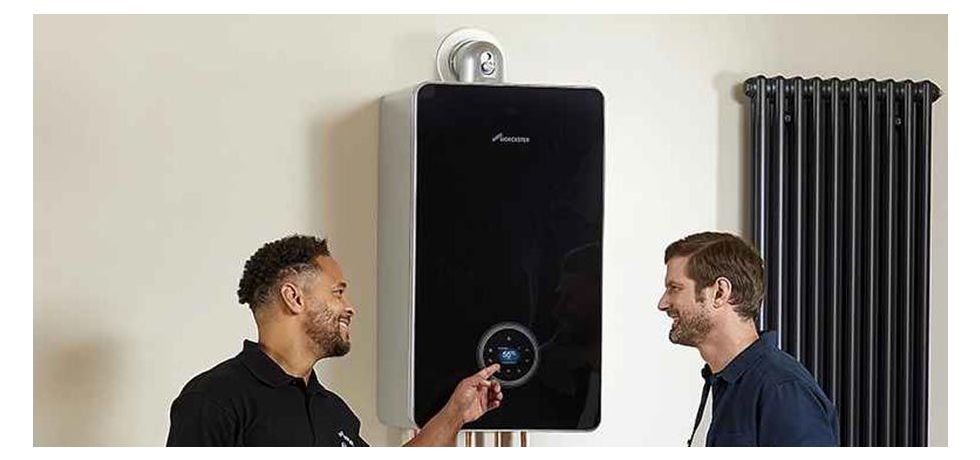When it comes to choosing the right boiler for your home, the options can be overwhelming. Two popular choices are combi boilers and heat-only boilers, each with its own set of advantages and considerations. In this comprehensive guide, we'll break down the differences between these two types of boilers and help you make an informed decision that suits your heating needs.
Understanding Combi Boilers:
Combi boilers, short for combination boilers, are known for their efficiency and space-saving design. These boilers provide both hot water for taps and central heating directly from the unit, eliminating the need for a separate hot water cylinder or storage tank. Combi boilers heat water on-demand, which means you'll get hot water whenever you need it without waiting for the water to heat up.
Benefits of Combi Boilers:
Space-Efficient: Combi boilers are compact and don't require additional tanks or cylinders, making them ideal for homes with limited space.
Energy Efficiency: Since they heat water on-demand, combi boilers are energy-efficient and can help reduce your energy bills.
Fast Hot Water: You won't have to wait for a tank to heat up, ensuring instant hot water when you need it.
Cost Savings: The absence of a hot water cylinder reduces installation costs and frees up space in your home.
Considerations for Combi Boilers:
Water Pressure: Combi boilers' performance can be affected by water pressure, so ensure your home's water pressure is suitable.
Simultaneous Usage: They may struggle to provide high water flow rates if multiple taps are used simultaneously.
Understanding Heat Only Boilers:
Heat-only boilers, also known as regular or conventional boilers, work alongside a separate hot water cylinder and cold water storage tank. They're a good choice for homes with multiple bathrooms and high hot water demands.
Benefits of Heat Only Boilers:
High Hot Water Output: Heat-only boilers can supply hot water to multiple taps simultaneously, making them suitable for larger households.
Consistent Water Pressure: These boilers deliver consistent water pressure regardless of simultaneous usage.
Compatibility: If you're replacing an existing heat-only system, it's easier to swap with a new heat-only boiler.
Considerations for Heat Only Boilers:
Space Requirement: Heat-only boilers require additional space for the hot water cylinder and cold water storage tank.
Efficiency: They may be less energy-efficient than combi boilers due to the need to maintain stored water temperatures.
Installation Costs: The need for additional components can lead to higher installation costs.
Which Boiler is Right for You?
Choosing between a combi boiler and a heat-only boiler depends on your household's specific needs and constraints. If you value energy efficiency, space-saving, and are willing to compromise on simultaneous hot water usage, a combi boiler might be the best choice. On the other hand, if you have a larger household with high hot water demands and sufficient space for additional components, a heat-only boiler could be more suitable.
Conclusion:
In the combi vs. heat-only boiler debate, there's no one-size-fits-all answer. Both types of boilers have their own set of advantages and considerations. Assess your household's hot water requirements, available space, and budget before making your decision. Consulting with a professional heating engineer can provide valuable insights tailored to your home's needs, ensuring you choose the right boiler for a cosy and comfortable living space.







